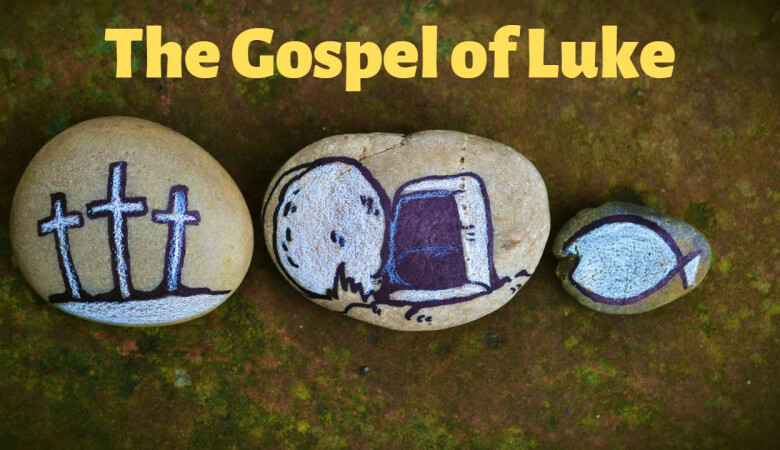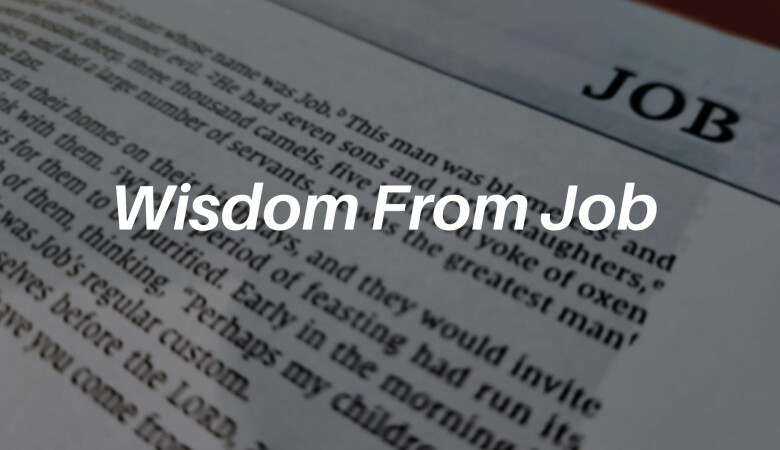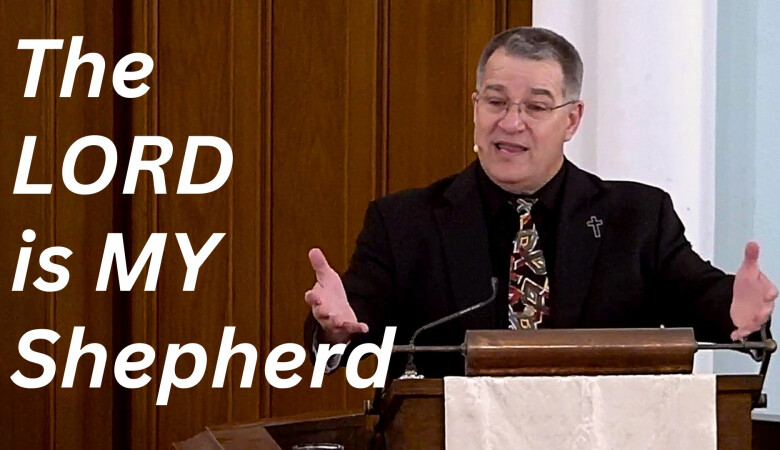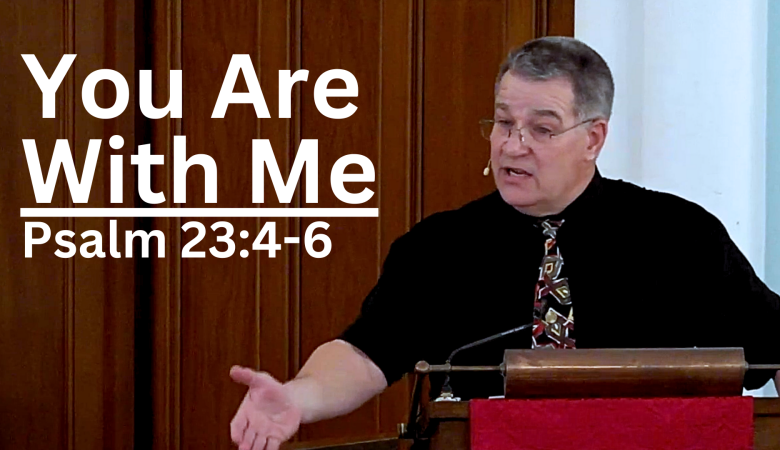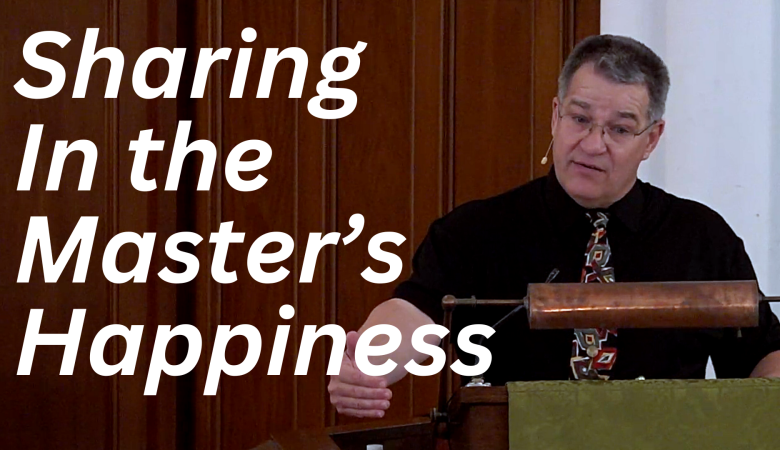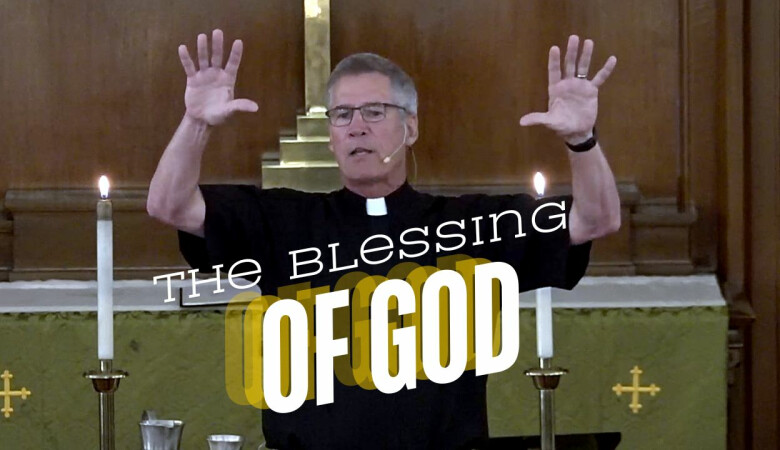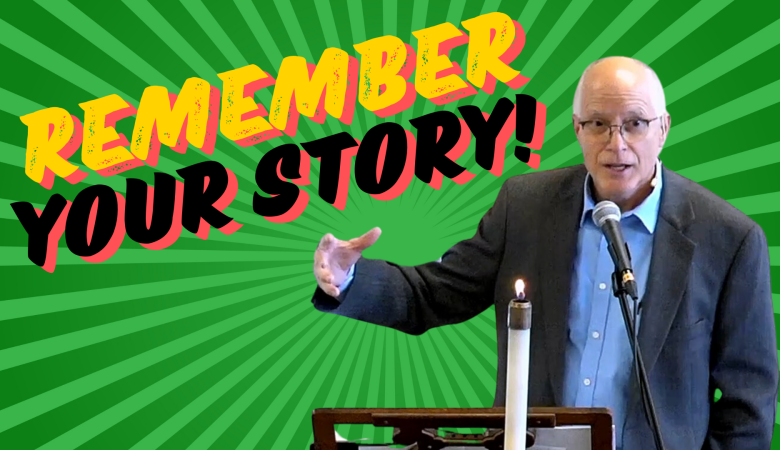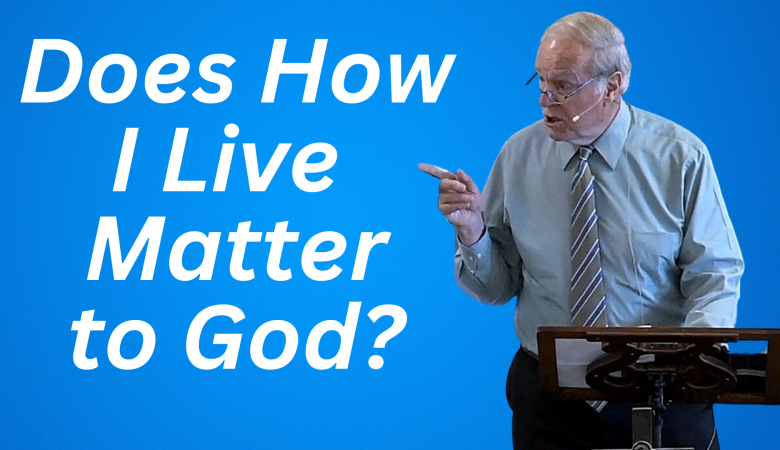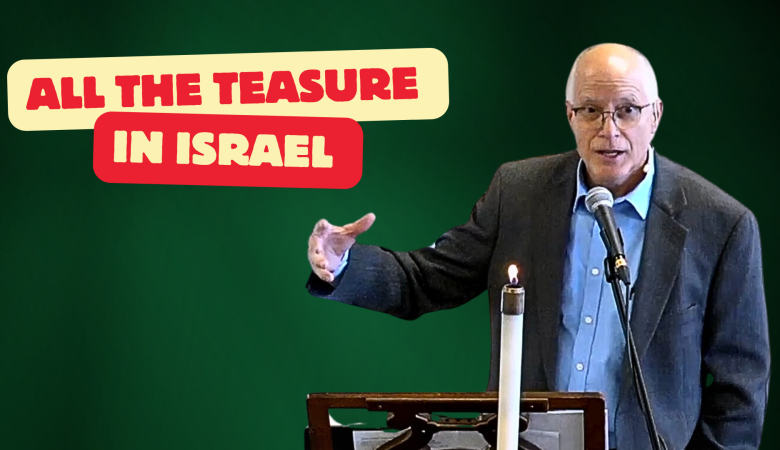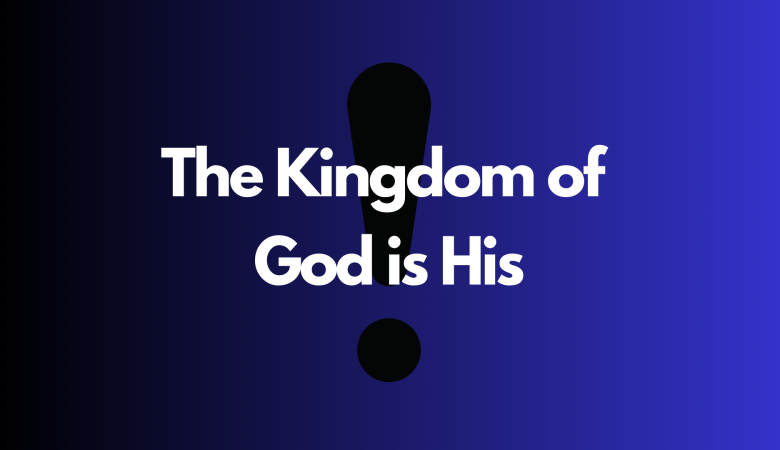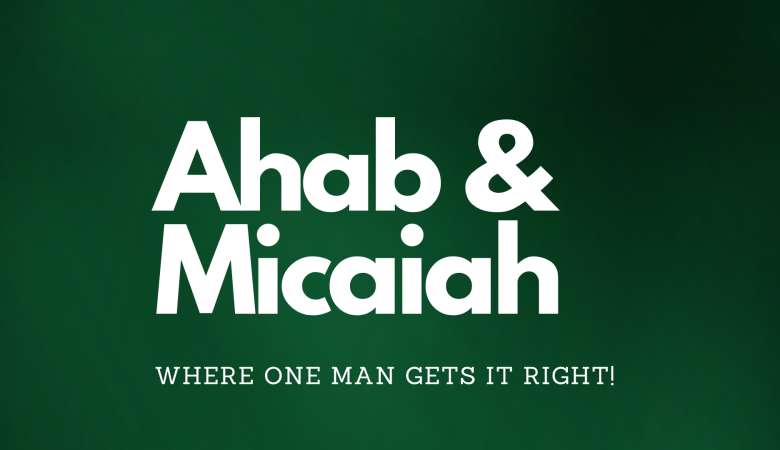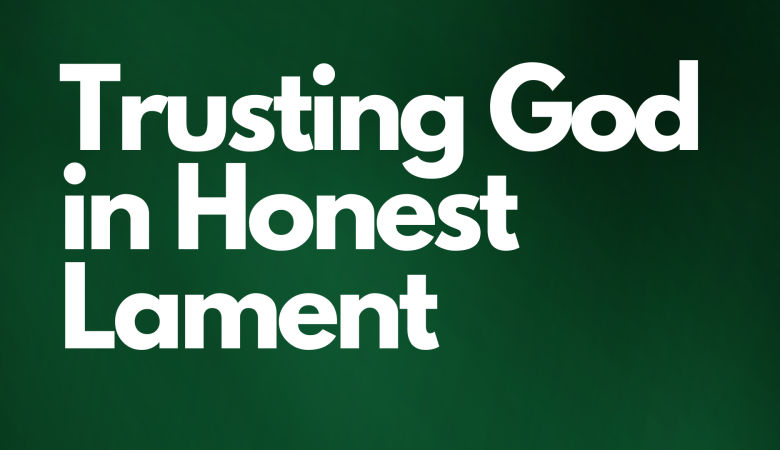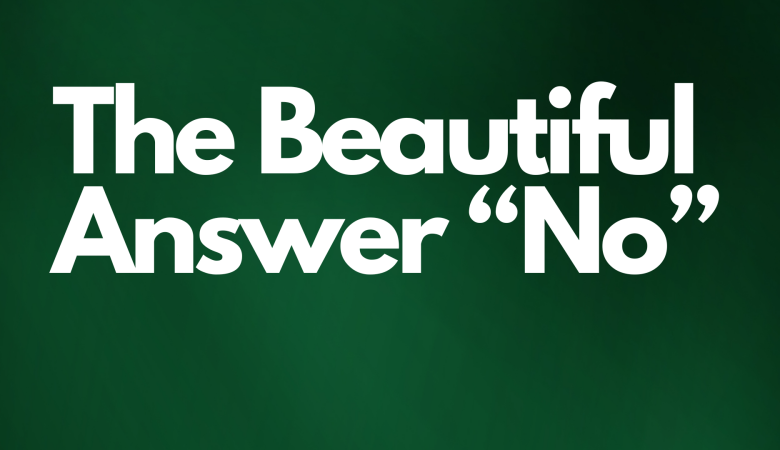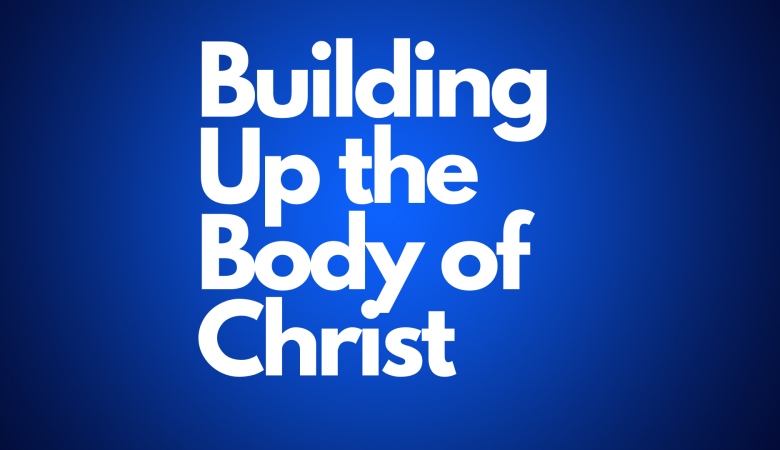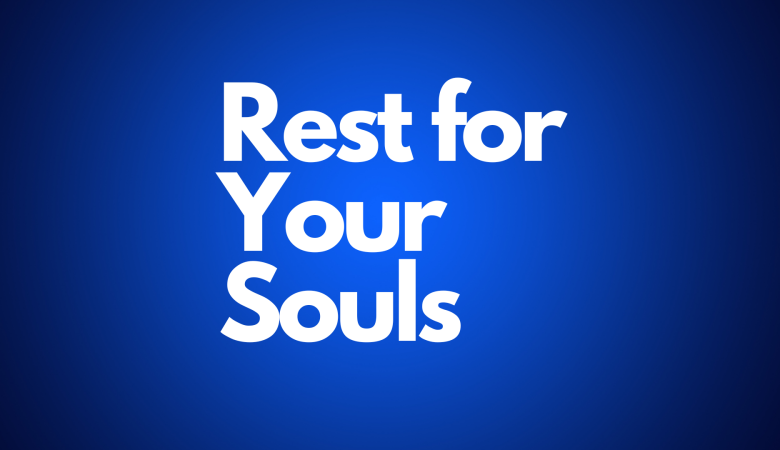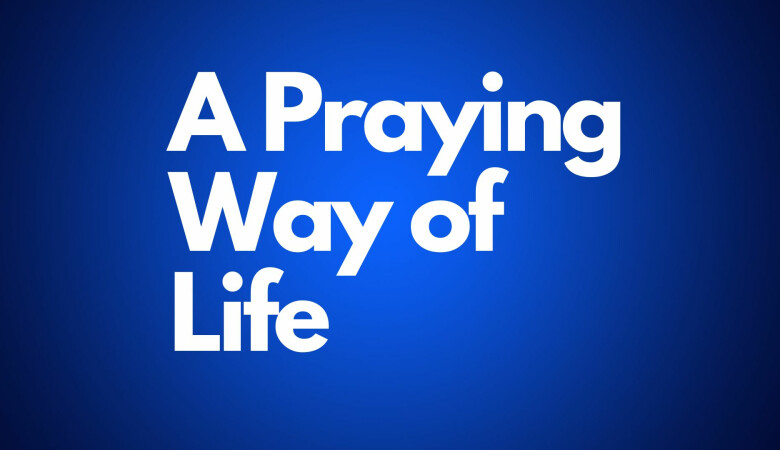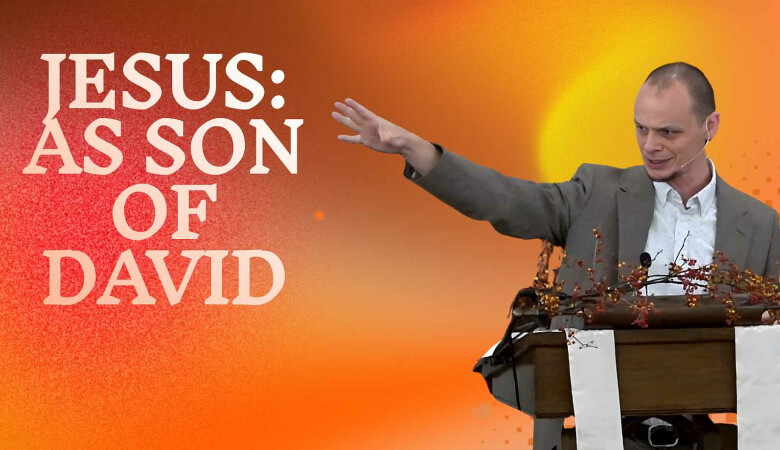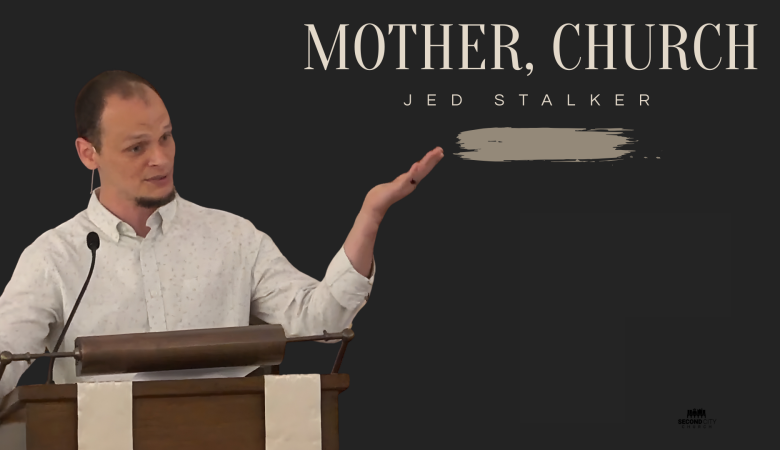Series: Guest Preachers
Wash and Be Clean
October 29, 2023 | Dale Kulp
Passage: 2 Kings 5:1-14
ALL SERMONS IN SERIES
Summary
Naaman is wealthy and powerful but he has an incurable disease. While he knows he needs help beyond what he can buy, he has no idea of the extent of what he really needs. In 2 Kings 5 we see God’s salvation in full force bringing the victory of life over death, freedom over captivity, and grace over greed.
Transcript
Jesus Christ is the savior of the world.
In all scripture we see God's plan reaching out to bring salvation to people from different parts of the world, not just the nation of Israel. There were many lepers in Israel in the time of Elisha. None of them were cleansed. But Nahum in the Syrian was cleansed. Praise God he brings salvation all over the world. Let's pray.
Blessed Lord we do thank you for your word. It is so wonderful and is full of so much treasure for us. Help us today as we look at this account of Naaman and his cleansing and Gehazi and his greed and the little girl who pointed the great man to you. Pray that you will work in our hearts things pertaining to salvation and life and sanctification for us. In Jesus name, Amen. So in our text today we're going to look at the whole passage briefly beyond what we, Melis read for us this morning, but in our text we're going to see the freedom that is available even in captivity. Grace that can prevail even where there's greed and life reigning where death used to rain.
Freedom in captivity.
Our story begins with Naaman, the powerful commander of the Army of Syria who is a man of honor and in high position, great wealth, but he's a leper.And leprosy at that time was a disease that was incurable. It was something that was, he was going to have the rest of his life. There's various strains of leprosy, but we can assume that this was probably something that eventually he would die from. A type of degenerative disease. And he was, like I said, a commander of the Army and he had made raids into Israel and they had captured and brought a young girl back with them. And this young girl was working in service to his wife. I chose this text before the events of October 7th and Hamas's raid into Israel and just think about that. They took over 200 hostages and some of them young children.
You and I, if we look, can see some pictures of some of them that are available through the news and on the internet. It makes you wonder how long after being captured in a raid, something like that, how long before you're happy with your situation?
You know, we tend to think, oh, the happy captive girl who cared for her masters, but I can imagine a long time of grief and suffering and pain, and yet somehow this young woman, this young girl, was able to care for her masters.
You know, it says in the text, "If only, if only my master were with the prophet who is in some area. If only he was there." You notice the sense of longing that she has. She cared about her master. She wanted him to be cured from his incurable disease.
She knew that the prophet who was in some area could cure him. She was carried away as captive, but somehow she was free to serve. Free to serve Naaman's wife, free to serve Naaman by pointing him to the God of Israel through the prophet who was in some area.
How did she come to this? How could anyone come to this? Only by the Spirit of Christ I would submit to you, the Spirit of God working in her. Jesus in the Sermon on the Mount said, "You've heard it said, you shall love your neighbor and hate your enemy, but I say to you, love your enemies. Pray for those who persecute you so that you may be sons of your father who was in heaven." She was a daughter of her father who was in heaven.
Naaman said to his Lord, said to the King of Syria, "Thus and so spoke the girl from the land of Israel." And the King of Syria said, "Go now and I will send a letter to the King of Israel." So the King of Syria sent him. The little girl's word to him was effective. He took the steps so that he could go to the prophet who was in Samaria. As a matter of fact, Elisha had never cured leprosy. We're told by Christ there were many lepers in Israel, but none of them were cured. Only Naaman. She didn't know specifically of cases of leprosy, but she knew of the power of Elisha's God, and she had heard of the other miracles that Elisha had done. She knew that his hope was in the God of Elisha, the God of Israel, the one who brings healing, the only true God who can heal and wash clean. Not all the children in the world are safely at home with their parents.
How many of our brothers and sisters in Christ, Christian's lives are in danger because of the wars that are raging right now. Wars with Israel and Gaza, the war in Russia and Ukraine. I've been convicted, you know, thinking through this in preparation for this sermon. How little I pray for them. You know, we need to pray for our brothers and sisters who are in harm's ways, whose lives are in danger.
Maybe you yourself can identify with this young girl. Maybe not just because you're a young person, but maybe you feel like you have become a captive to something in your life. You feel like your life is over. You know, think about this. When you're taking captive, it's like that's it. My life is over. Unless someone comes and rescues me and takes me back home, my life is over. But no, that phase of life is over. That phase of service in that location is over. But the Lord is still with you. There is still life ahead. There's still service to be done. Even in captive, even if you feel like you are in captivity right now, your life's not over. There's still service for you and grace from the Lord for you to go on living your life where the Lord has placed you. Notice that it said in our text that the Lord had given him success. Had given Naaman success. The Lord had brought that young lady to him for his salvation.
Grace Prevails Amidst Greed
Captive girl was living in a level of freedom that wasn't known by Elisha's own servant, Gahazi. As we go on and look at the rest of this story, Gahazi could have been enjoying perfect freedom and serving God through serving Elisha, but we find that he was overcome with greed and was ending up not serving Elisha because of the greed that he had. Now many of you know the rest of the story. Maybe some of you haven't heard it, but Naaman came back from the Jordan River. He was washed clean. He washed seven times. He was clean. His flesh was like a little child. And he came back and tried to give gifts to Elisha. Very valuable gifts to Elisha. And Elisha wouldn't accept any of them. He would have none of this. Kind of like Abraham when the king of Sodom tried to give him gifts because Abraham rescued him. He said, "I will not take one strap from a sandal, lest they say the king of Sodom made me rich." He was not going to take anything from Naaman. It wasn't about him getting any money. But Gahazi said, "As the Lord lives, I'm going to take something. Elisha let this guy off too easy. He has all this money. He doesn't need all this money. I'm going to take some of that money. I need some money." And he ran after him. Naaman saw him running after him and he said, "Is everything alright? You know, is all well?" And he got out of his chariot and stepped down to meet Gahazi. And Gahazi said, "There have just now come to me from the hill country of Ephraim, two young men of the sons of the prophets. Please give them a talent of silver and two changes of clothing." A talent of silver? Well, he had brought ten talents of silver, so that seems pretty reasonable. Only one tenth. Simply a tithe. Well, Abraham gave a tithe to Melchizedek from Sodom. And you know, well, certainly a tithe seems reasonable. Do you know how much a talent of silver is? Maybe you have a footnote, a Bible that will tell you that you have a footnote. But it was about 75 pounds of silver. And you know, in my mind I'm thinking, "Well, that's probably all he thought he could carry." He tried to get everything he thought he could get away with. You know, what did he bring? A wheelbarrow? Or you know, what did he do? I don't know. But he tried to get everything he could get. Everything he could take away. And it was obviously a farce. What two sons of prophets are going to need 75 pounds of silver? It's not like he asked for a couple coins to buy a meal or something. He was asking for wealth. He wanted all that he could get. Elisha tells us what he wanted in verse 26 of chapter 5. "You were hoping for olive orchards, vineyards, sheep, oxen, male and female servants." Now, what is this?
I think, you know, kind of parsing the difference between greed and envy here. You know, it's like this is envy really, I think. What he's trying to do isn't just get wealthy. He's trying to change classes. He's trying to change his status in life. He doesn't want to be the servant. He wants to be the master. He wants to be the property owner with the vineyards and the orchards and the servants.
Naaman said, "Please accept two talents." Oh boy. So he's trying to get all he could get. He's getting more than he bargained for. Two talents. How's he going to carry 150 pounds?
He's not going to carry 150 pounds. So, you know, Naaman sent two of his soldiers with him to carry this. He's like, "Oh my goodness. I was going to be all sneaky like and I was going to hide this so that Elisha wouldn't see it. Now I've got these two servants, these two soldiers carrying all this.
What in the world?" So he took it and he made him stop at the hill and he hit it in the house and then the servants departed and he went in and Elisha said, "Where have you been, Gehazi? Where have you been?" Oh, your servant hasn't been anywhere. I didn't go anywhere.
Elisha said, "Did not my heart go with you when the man turned from his chariot to meet you?" Is it a time to accept money and garments and olive orchards and all these things?
You know, a couple weeks ago Peter referenced M. Scott Peck's wonderful book, "The People of the Lie" and just a plug here I didn't know Peter was going to be here but I was going to put a plug. You can listen to his sermons even if you're not here. I'm stuck in Wilmington a lot and I try to go back and listen to some of them at least and they're available on YouTube. So that's really good.
Or Spotify I guess is where I listen to it. But anyhow, they're available. He mentioned M. Scott Peck, "Evil is evil because of the refusal to acknowledge sin."
Gehazi wasn't willing to acknowledge his sin. Evil festers in that kind of place. He doesn't encounter evil. M. Scott Peck said he doesn't encounter evil on death row. The worst evil he has seen in the world is the spiritual fat cat, the white washed tomb, the one who's the servant of the prophet.
People who have washed their hands but not their hearts. Evil is always hiding.
Always covering up. Those who practice it are always becoming people of the lie.
You know, I think in our text we find that the Lord was not willing to let Gehazi become a person of the lie. He wasn't willing to let him get away with it. He wasn't willing for it to just cover up.
Gehazi had misrepresented Elisha in addition to his greed and selfishness and all that, he had misrepresented the Gospel really.
Is the God in Israel someone who does tricks for money? No.
Had Elisha really changed his mind and now he did want to become wealthy through his service to Naaman?
Gehazi undercut the Gospel.
"Therefore the leprosy of Naaman shall cling to you and your descendants forever," Elisha said. So he went out from his presence a leper like snow.
What are we trying to what are you trying to get away with? What am I trying to get away with? You know, our hearts are that way.
Even if we belong to the Lord, even if we have the Holy Spirit, we still struggle with wanting to get away with things.
Praise God, he doesn't let us get away with what we want to get away with. Praise God, he calls us out on it. This is Reformation Sunday today. I asked Peter, do we recognize Reformation Sunday much? I don't know, but I'm going to mention something about Reformation Sunday.
731, All Saints Day, has been celebrated on November 1st, and that's the time when you remember all the saints known and unknown who have died as martyrs. And the night before All Saints Day would be All Hallows' Eve or Halloween. That's the origin of Halloween. Maybe your children probably already heard that. But that's the origin.
The origin comes from. And the reason we call this Reformation Sunday was because on October 31st, in 1517, Martin Luther nailed 95 theses on the door of the chapel, the church chapel at Wittenberg in Germany. And it was about justification by faith because Luther had come to a conversion experience. He had been a teacher in the Catholic church and a priest, but he was deathly afraid of the wrath of God and God's justice. And particularly the verse, "The just shall live by faith" just horrified him because he knew that he wasn't just. He knew that he was a sinful person. But then when he came to understand that God will give the faith and God will give the justification because of Jesus Christ, like a burden dropped off, he felt like a new man, like he was born again. And he was so excited. He pasted 97 theses on a door for debate and was met pretty much with a yawn from the church. It's like, challenge everything we believe about salvation and we're going to, you know, whatever, we'll talk about it. But the 95 theses had to do with money. That was the problem. It had to do with raising money. Like, okay, this has gone too far.
And because it was what's his name? Albert of Brandenburg was a German Cardinal who had two sees and he wanted a third see, the most important one in Germany. And Pope Leo X negotiated with him for 10,000 ducats. I guess that's how you say that. I looked it up. About 75 pounds of gold coins. So a lot of money. That he could have the Bishopry at Mann's if he could raise that money. And many of you know that he did that through the sale of indulgences. And John Tetzel was the chief preacher and he went out and was saying that if you buy an indulgence, then you will be cleaner than Adam was before the fall. Like, oh boy. And if you buy an indulgent for a loved one who has died, the moment the coin in the coffer rings, the soul from purgatory will spring.
And so this was what Luther was challenging at the beginning. He didn't really want to start this the type of reparation that started. He wanted to just talk about things and help the church get things right. Back to the gospel. Back to Pauline theology. Augustinian theology.
But in any event, I have a question. Is salvation about money?
No. There couldn't be two things further apart than salvation and money. They have nothing to do with each other. That was the big thing with Gehazi. He brought salvation and money together, which you can't have that.
Gehazi was given leprosy. I guess you could say Albert of Brandenburg was given Martin Luther. Lucky him. He probably would have preferred the leprosy.
But I have another question. Was this the end of the story for Gehazi?
I don't think it was.
Not many commentaries talk about what became of Gehazi after that. But as we read on chapter 8 of 2 Kings, he's standing before the king of Israel. And we know in the book in the scripture it says certain good kings who followed the Lord were like David. Certain bad kings who followed Jeroboam and did evil on the side of the Lord. None of the kings in Israel were said to be good and followed the Lord.
He was standing before this man who described us doing evil on the side of the Lord. And he's telling him about what Elisha did. What the God of Israel, what Yahweh did through Elisha. So we have Gehazi, this man who screwed up very bad. He sinned terribly. But he's serving as an evangelist in the court room of the king, telling about the wonders of Yahweh through his prophet. I think we see grace even in this.
Naaman wasn't the only one who needed the blood of Christ. Who needed to wash and be clean. Gehazi needed to wash and be cleaned.
We see the grace of God is more than enough for the worst things that you and I do.
You see freedom in captivity, grace over greed, life over death. So far we've been looking at servants in our texts, but there were great men in this story were there not? There was the king of Syria, Naaman, his commander, the king of Israel, Elisha. Talk about a great man, someone who had already raised someone from the dead. Talking about the power of God working through someone.
The wages of sin. What are the wages of sin? The wages of sin or death was Naaman even though he was such a powerful person, such a good man in his kingdom. Did he deserve, did he earn his leprosy? Did Gehazi deserve the leprosy that he got?
Out of the great mercy and his love for the world, the Lord chose Naaman. He chose Naaman, brought this little girl who was serving as a maid to Naaman's wife, and pointed him to the God of Israel.
Naaman went, took 750 pounds of silver with him, 150 pounds of gold with him, ten changes of clothing, brought a letter to the king of Israel. When this letter reaches you know that I have sent Naaman, that you may cure him. How would you like to get a letter like that?
Here's all this money, go ahead, do your thing, cure him. How did the king of Israel respond?
Am I God to kill and make alive? This is life and death here. This man is trying to pick a quarrel. He wants to come in and wipe us out.
Not only was the king of Israel not God, but he didn't know who God was. He didn't know that the only true God in the whole universe was the God of his country. How does the king not know that?
Willful ignorance, willful blindness, he didn't want to know. He didn't even think about Elisha being able to heal Naaman. Elisha said, "Why did you tear your clothes? Send them to me and he'll know that there's a prophet in Israel." Elisha wasn't tooting his horn. When he said there was a prophet in Israel, he meant there's a prophet of the living God in Israel. There's a God in Israel. There's a God in Israel who can raise the dead and who can bring healing for incurable diseases.
So, Naaman came to Elisha, and he came up with all his chariots. He came in state, as it were. Very formally, with his royal, his official robes and things like that. Elisha sent a servant out. "Go wash in the Jordan River." And it's like, "No, wait a minute. Here I am, and I'm, you know, everybody bows down to me, and you're not even coming out of your house. I could have told you to come to Syria. I didn't come tell you to come to Syria. I came to you, and you're not coming outside." You know? So, it was very offensive. But that was, believe it or not, part of the cure.
How is that part of the cure? Well, his challenging name is pride. He was a very proud man.
And Elisha told him, "Go to Jordan." He said, "Why would I go to the Jordan? Are not Abner and Barada one..." No, Abner and whatever the other one was. "Wonderful rivers. I looked it up." They say, "Abner is the modern day Barada." They say that it is clear and beautiful. You can actually get pictures of it on Google Maps.
And some of them looked a little turbid. It probably just rained. But some of them looked clear and beautiful. In any event, it's generally more clean than the Jordan. The Jordan has clay banks. And so, one commentator said that the Jordan is clayish.
You know, kind of brown. We've seen these red rivers in Texas and things like that. It's like, "Why would I wash there?" And not only that, but it's helpful to look at maps sometimes. I had a congregant in Easton who told me regularly that he spent more time looking at the maps, flipping to the maps than he did reading the text. Which I know he was speaking hyperbolically. But it's helpful. You think, "Oh, he went down to the Jordan and came back." No, he didn't go down to the Jordan. It was on the other side of a mountain range. It's like, it was a good way, a good part of his journey back to Syria. He went over the mountain down to the Jordan. And when he was washed clean, he came back up over the mountain and came back. And he didn't just go on because he knew that he had to come and acknowledge the God of Israel who had brought the healing to him.
He thought that it was foolishness to go wash in the Jordan. That's the way salvation always is. It's foolishness. Paul says, "I don't know anything but Christ and him crucified. I'm only preaching the cross of Jesus Christ, which is a stumbling block to the Jews."
And it's foolishness to the Greeks. Foolishness to the non-Jews. And that's what we have here. It's a gift that's received with humility.
Free gift of God. The humbly accepted.
Name and servants came near and they said to him, "My father, it is a great word the prophet has spoken to you. Will you not do it?" Now, some of your texts, and maybe you grew up with a Bible that said, "If he had asked you to go do some great thing, wouldn't you have done it?" Yes, that's right too.
Hebrew is difficult to translate. This isn't a textual issue as much as it is a translation issue.
And the main thing is still there. He told him, "Go wash in the Jordan and you will be clean." Whether it' servants said, "If he had asked you to do something great, wouldn't you have done it?" He would have. He'd already come with all that money. Or do we translate it? It's a great thing that he has said to you. Did he really say, "Wash and be clean." He did. He really said, "Wash and be clean." What a wonderful gospel proclamation. He went down, he did it, he came out of the water and said, "His flesh was like a little child. He became like his servant girl."
She wanted him to go to Israel to be cleansed.
He did. He came, he had faith like her, he ended up having flesh that was like the flesh of a young child. I can hear some of you saying, "Preacher, but you don't know what I have done."
It doesn't matter what you have done. The word of the Lord for you is "wash and be clean." Or maybe you're saying, "Preacher, you don't know what I keep doing."
The word of the Lord for you is still "wash and be clean."
Life Reigns were Murder was Planned
They brought a convict to Jesus, not an ex-con, a current convict because they were going to stone her and Jesus conversed with them and they all walked away and he said, "Where are those that condemn you? Neither do I condemn you go and sin no more."
Jesus Christ the Son of God has suffered the just for the unjust so that he might bring you and me through the work of the Holy Spirit, he might give us new hearts, bring us to new life, create right spirits within us as we sang from Psalm 51. He will take away the heart of stone, give the heart of flesh. God the Father gives the Son who will say to you, "Go in peace your sins which are many are forgiven."
Naaman came back tried to give the gift, wouldn't give it and he said, "Well then at least let me take some dirt back so that I'll have some dirt from the Holy Land." What's that about? Well, seems a littlepagan-ish, but it's like, "Okay, great, go ahead, take the dirt." And he said, "Well, and one more thing, when my Master goes into the house of Ramon, he's going to want to lean on my arm but I'm not going to be worshiping Ramon, I'm just there because that's my duty." And what did Elisha say? "No, you can't." He said, "Go in peace." Now is this the rest, is this the end of the story for Naaman? No, he was a new believer. We've got to be gentle with new believers. We don't try to make new believers into perfect people immediately. We have to leave room for the Holy Spirit to work. Did he really go into the house of Ramon? It wasn't said whether he did or not. We don't know. I mean, think about this, he was the commander of the Army of Syria. Do you think he could keep going on raids into Israel after this?
I'm suspicioning maybe he took an early retirement and maybe he never had to go into the house of Ramon. Maybe by the time he got there he thought it through. You know, we don't know, but in any event the question isn't, "What did he do?" The question is, "What are you doing?" And what are you gonna do? What am I doing? What am I going to do?
Jesus Christ is the center of history. Everything in Scripture leads up to Jesus Christ or flows out from Jesus Christ. If it were not for the blood of Jesus Christ shed for the sins of the whole world, Elisha could not have said, "Wash and be clean." Elisha would have died in his own sins, because he was a sinful man too.
Where do you identify in this story? Are you a captive? And you think, "Oh, no one's a captive here." Some of us feel like we're captives, I'm afraid.
There is freedom in Jesus Christ for you. Wash and be clean. You struggle with contentment, like a hazy. Oh, it's so hard to be content. There's freedom in Jesus Christ. Wash and be clean.
Maybe you're overcome with disease and you don't think there's going to be a cure.
Well, maybe there won't be a cure. There were a lot of lepers in the land of Israel during Elisha's time, and he didn't cure any of them. Maybe you feel like "I've got the cure, everybody."
There's so much for me to do. And I see someone and we hear about the Philippines and it's like, "Oh, not only haven't I been praying for the hostages, I haven't been praying for the work in the Philippines." Thank you, Conrad, for the reminder. But it's like, we can't do, we can't all do everything.
Question is, are we doing what the Lord... What if Elisha had gone on some rogue curing lepers crusade? He'd gone and he'd cured all the lepers in Israel.
Well, then Jesus couldn't have spoke what he spoke.
Elisha was serving Jesus Christ, so Jesus Christ could say there were many lepers and he cured Naaman, because that's the message. God has compassion on whom he will have compassion. And if his own people are hardening their hearts to him like a hazy was, he's going to have compassion on other people and his own people will get the leprosy from them.
Maybe you are feeling like you are a failed servant. There's freedom in Jesus Christ.
Wash and be clean. Go in peace to love and serve the Lord. Let's pray.
Blessed Lord, we thank you for this Gospel message from an Old Testament historical book that we can see the work of the cross of Christ carried out even all those centuries before.
Thank you, blessed Father, that your heart is for your children. And that, Lord Jesus, that your heart is for your people, for your pride, whom you love, and are unwilling that we would be unclean, but you would have us to wash and to be clean. Help us to look to you for the salvation that you have for each one of us. In Jesus' name, Amen
Series Information
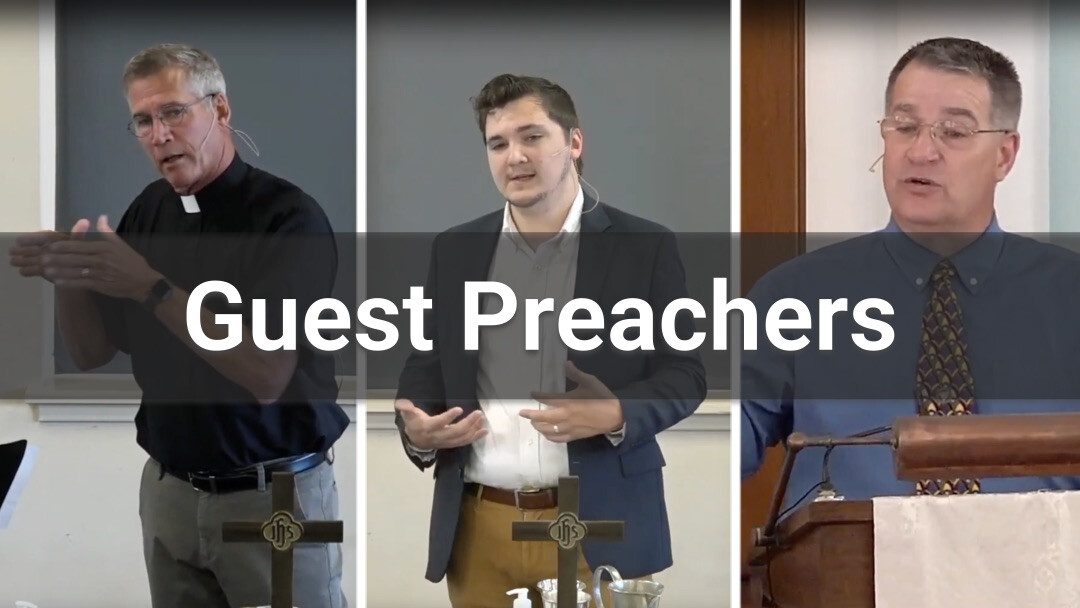
When Pastor Peter is away Second City Church is blessed to hear other men God has gifted to preach.

